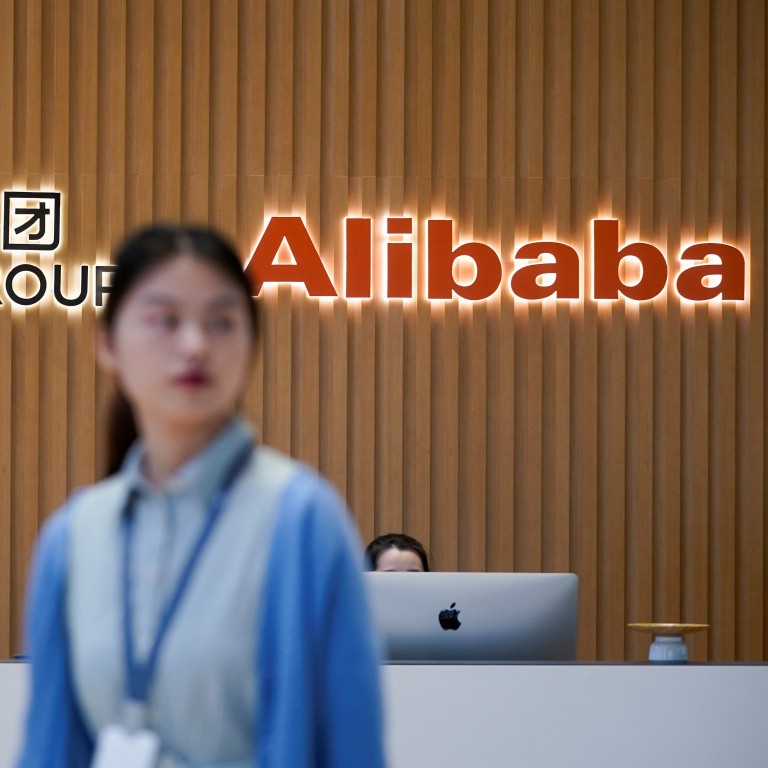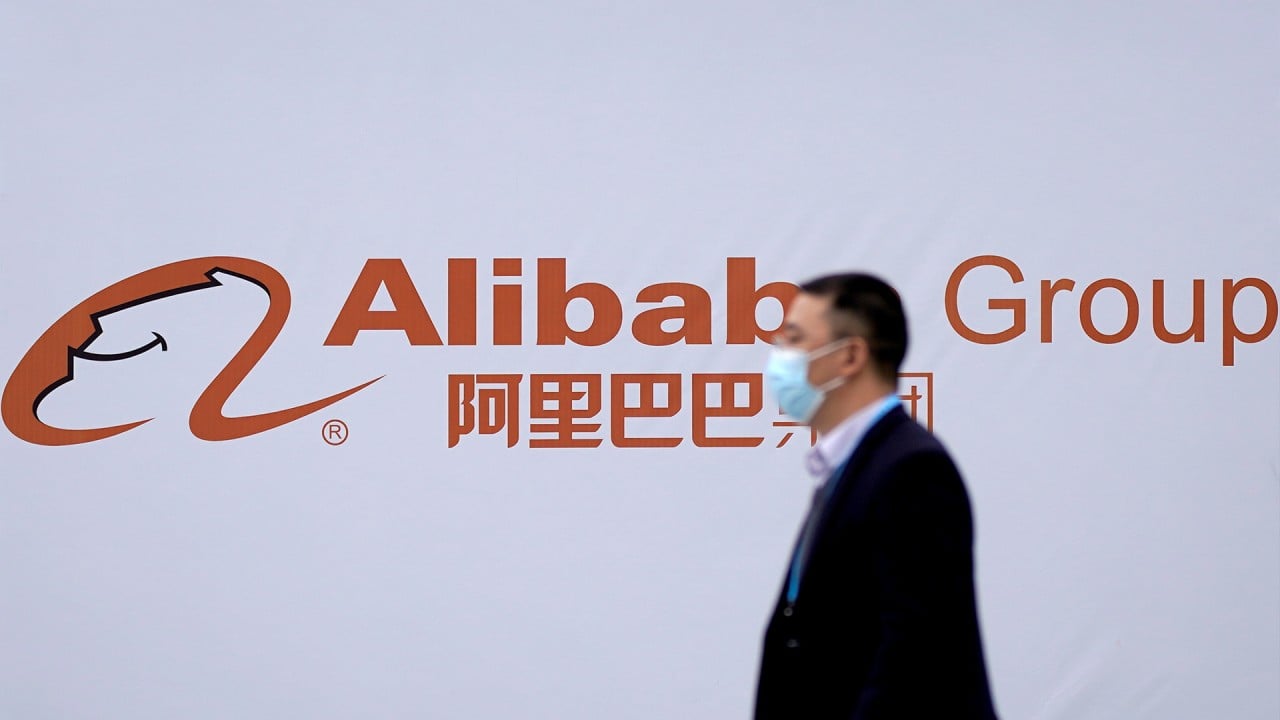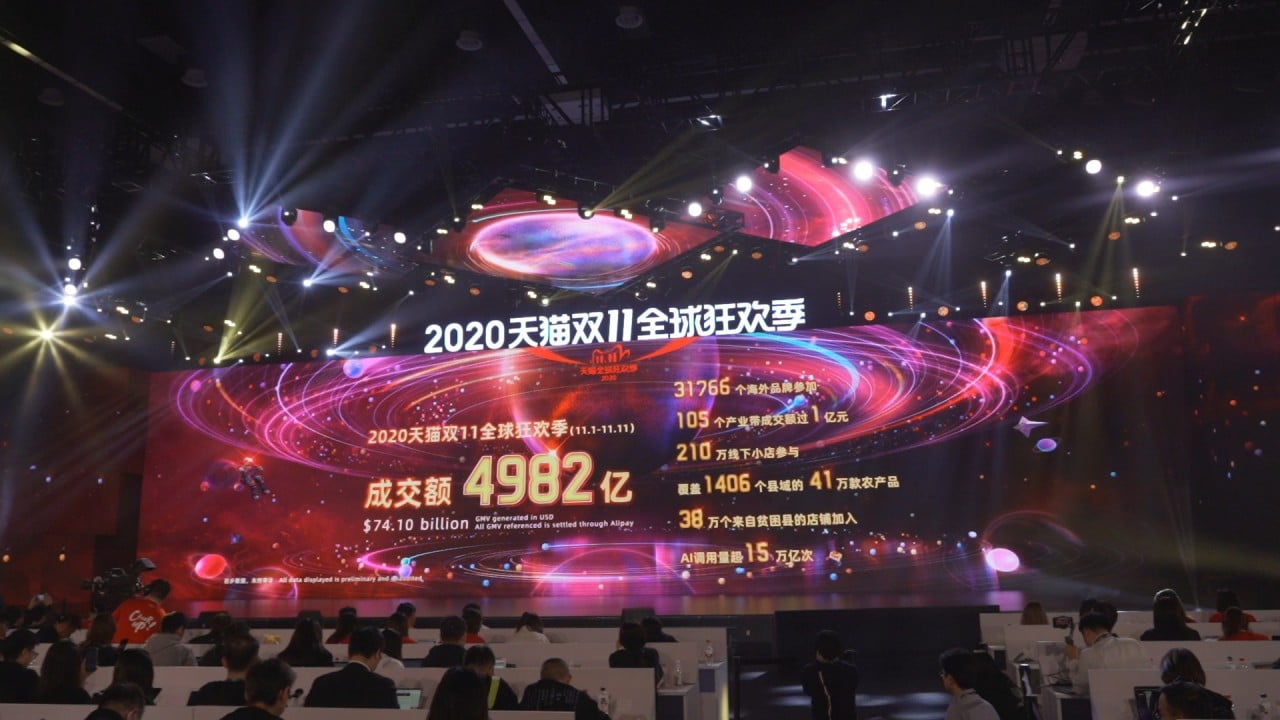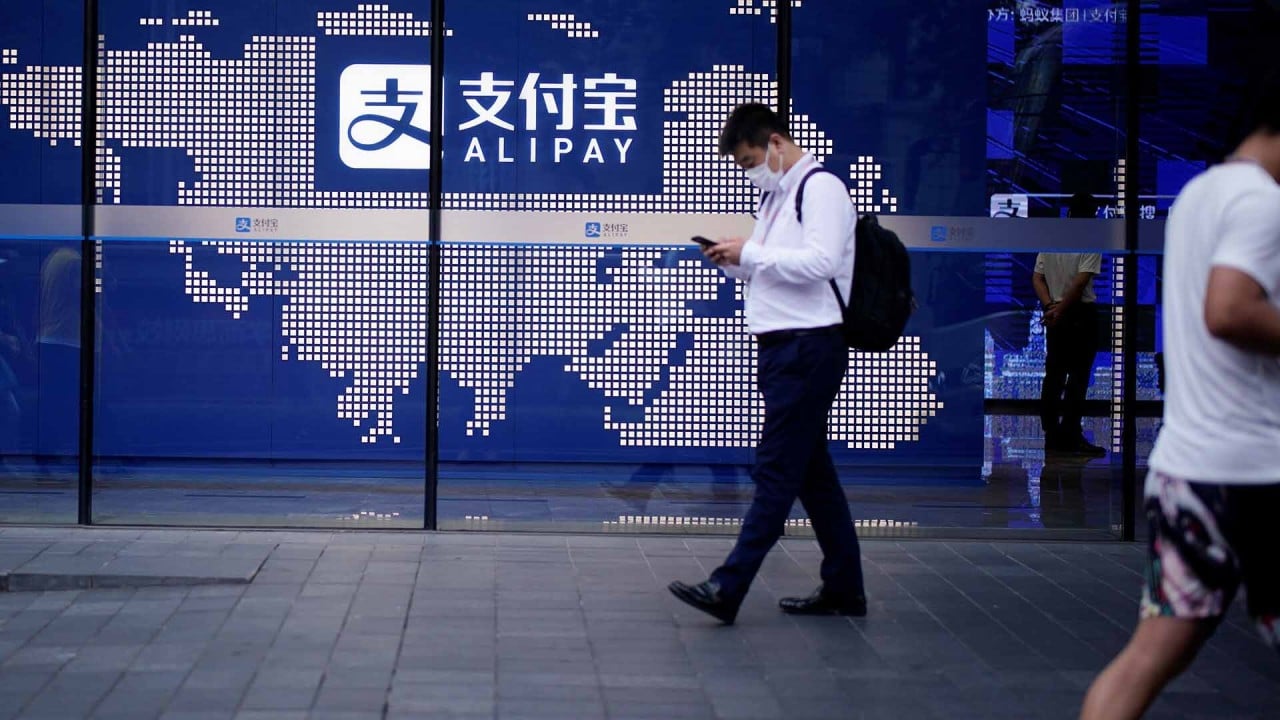
Alibaba antitrust probe: home province vows to bring platform economy into ‘new stage’
- The Zhejiang Communist Party pledged on Monday to bring progress to the platform economy, answering a call from Beijing to tame capital expansion
- Zhejiang is China’s platform economy and fintech leader thanks in part to the presence of Alibaba and Ant Group
The Communist Party leadership of Zhejiang province, the home base of Alibaba Group Holding, has pledged to use Beijing’s antitrust probe as a chance to usher the platform economy and internet finance into a new stage of development, promising better development of the internet economy.
The Zhejiang Communist Party held a special meeting on Monday to discuss how to implement the central Chinese leadership’s order to break up monopolies and tame capital expansion while “promoting healthy and regulated development of the platform economy”, according to a statement published on the provincial government website on Monday.
The meeting, chaired by Zhejiang party secretary Yuan Jiajun, took place as Alibaba shares suffered another day of plunging prices in Hong Kong, falling 8 per cent on Monday.
The sell-offs continued despite the company’s announcement that it increased its stock buy-back plan to US$10 billion from US$6 billion, after it lost 7 per cent in the previous trading day in the city.

01:26
China kicks off antitrust probes into Alibaba over alleged monopolistic practices
Its price in New York tumbled 13 per cent on December 24, after Beijing launched its antitrust probe. Alibaba is the owner of the South China Morning Post.
While the latest statement from the Zhejiang government did not name Alibaba, it delivered the message that the province will continue to support businesses in the platform economy and financial technology industries. The province is China’s leader in these areas, owing in part to the presence of the e-commerce giant and its fintech affiliate Ant Group.
“We must shoulder the responsibility of promoting the healthy development of the platform economy and online businesses … and consolidate our leading advantages in areas of the platform economy, online businesses, internet finance and financial technologies,” the government said in its statement.
Tech giants’ shares tank as Beijing cracks down on monopolies
However, the provincial government also noted that it will try to take the lead in regulating such businesses to help platforms grow in a “regulated, innovative, orderly and healthy” manner.
Alibaba, which started in a residential flat in Hangzhou in 1999, has become an industry beacon within the Zhejiang economy in recent years, helping to make the capital city of Hangzhou one of the most attractive destinations for China’s technology talent and venture capital funds.
The company remains the backbone of the online economy in Zhejiang, which boasts 310 platforms, 9 million online shops and nearly 70 per cent of China’s online turnover of consumer goods, according to local government data.

03:02
Amid pandemic, Chinese consumers spend US$74.1 billion during Singles’ Day online sales festival
Other major players in China’s internet industry include Tencent in Shenzhen, Pinduoduo in Shanghai, and Meituan and ByteDance in Beijing.
The party meeting on Monday was part of the local leadership’s answer to the Politburo in Beijing, which earlier this month called on regulators to break up monopolies and curb disorder in the expansion of capital.
The State Administration of Market Regulation announced on December 24 that it officially launched an investigation into Alibaba over suspected monopolistic practises, including forced exclusivity, a practise commonly known as “picking one from two” that companies often use to lock people into their platforms.
Alibaba CEO affirms commitment to regulated development after investigation
The moves have fanned concerns about how far Beijing will go to clip the wings of Big Tech, dealing a heavy blow to tech stock prices. Meituan was down 6.9 per cent in Hong Kong on Monday while Tencent fell 6.7 per cent.

03:04
What is Jack Ma’s Ant Group and how does it make money?
Few details were disclosed about the progress of the investigation into Alibaba.
According to China’s antitrust law, a company could be fined up to 10 per cent of its previous year’s turnover if it is found to be “abusing its market position”.
The Zhejiang Provincial Administration of Market Regulation said in a statement that antitrust law enforcement officers from Beijing entered the Alibaba compound on December 24 to question company officials and collect evidence.
“Alibaba has actively cooperated, seriously accepted the inquiry by the investigation team, and provided relevant information in a timely manner,” the regulators said in a statement. “The whole process was smooth and orderly. The on-site investigation was done over the day.”


